Shochu 101:
What is Shochu?
There are many reasons why Nankai Shochu is what you should be drinking. But first, what is shochu (pronounced “shōchū”)? There are a number of distinguishing factors that make shochu special.
UNIQUE: Shochu is a Japanese spirit that is koji-fermented and single-distilled from regional ingredients. such as barley, sweet potato, or kokuto sugar.
CULTURAL: Japan’s national spirit beverage with a history spanning over 500 years.
FOOD-PAIRING: The most popular shochus are designed for food pairing thanks to their intentional low alcohol proof and umami from koji fermentation.
HEALTHIER: While drinking is not a healthy endeavor, there are healthier options. Shochu has no sugar, carbs, or gluten. It is all-natural with no additives and low in calories (only 39 cal/oz for 24% ABV)
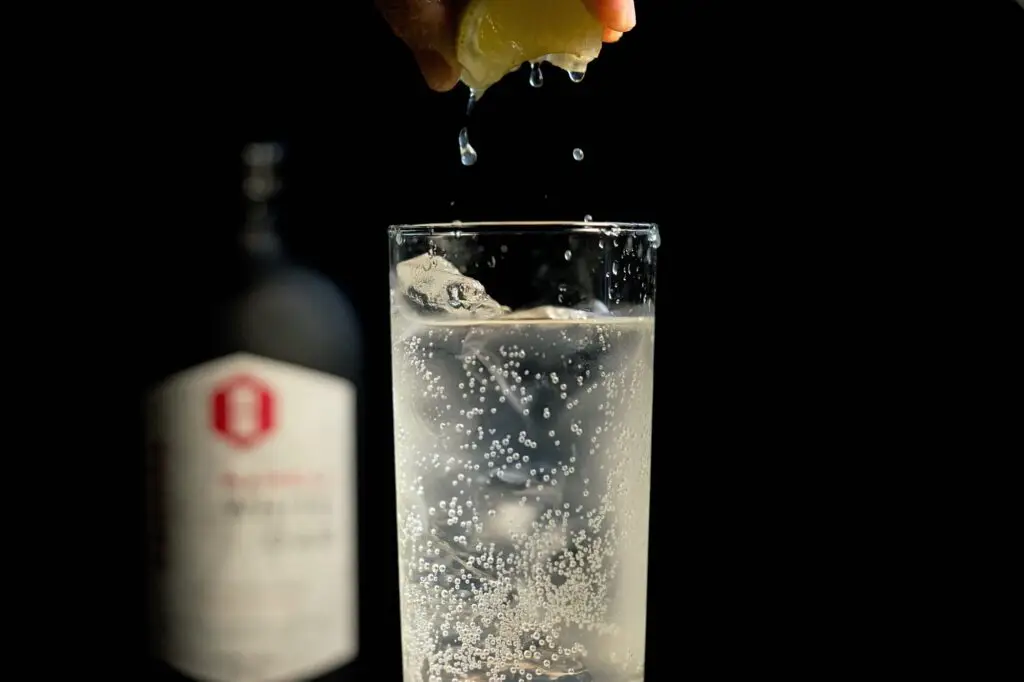

Shochu 101: What is Koji?
Koji is a wonder spore (Aspergillus), key to the fermentation of soy sauce, miso, mirin, sake and shochu. Basically, everything in Japanese cuisine. Without exception, the use of koji is what makes shochu singularly different from other spirits like vodka or whiskey.
Truly magical, koji is exceptionally efficient at breaking down starches into sugars, which allows ingredients like rice and barley to ferment. As an added benefit, koji has many enzymes, which create amino acids and produces UMAMI.
Learn more about koji here.
Shochu 101: Single-Distillation
Honkaku, or genuine, shochu is always single-distilled, meaning it is distilled only once through a pot still. This retains the natural flavors and aromas of the source ingredients. Because of single-distillation, shochu IS flavor. Also, thanks to the efficiency of koji fermentation, shochu can reach an ABV of 45% in a single distillation.
Other spirits like vodka or whiskey, are multi-distilled to reach a high ABV and then diluted to bottling ABV. Each distillation pass sacrifices flavor for higher alcohol proof. The resulting spirit then must have flavor reintroduced through cask aging, water, or added flavors.
Note: There is a category of non-genuine shochu called “korui,” which is multi-distilled like a vodka or soju, and is primarily used for making canned drinks or well cocktails.
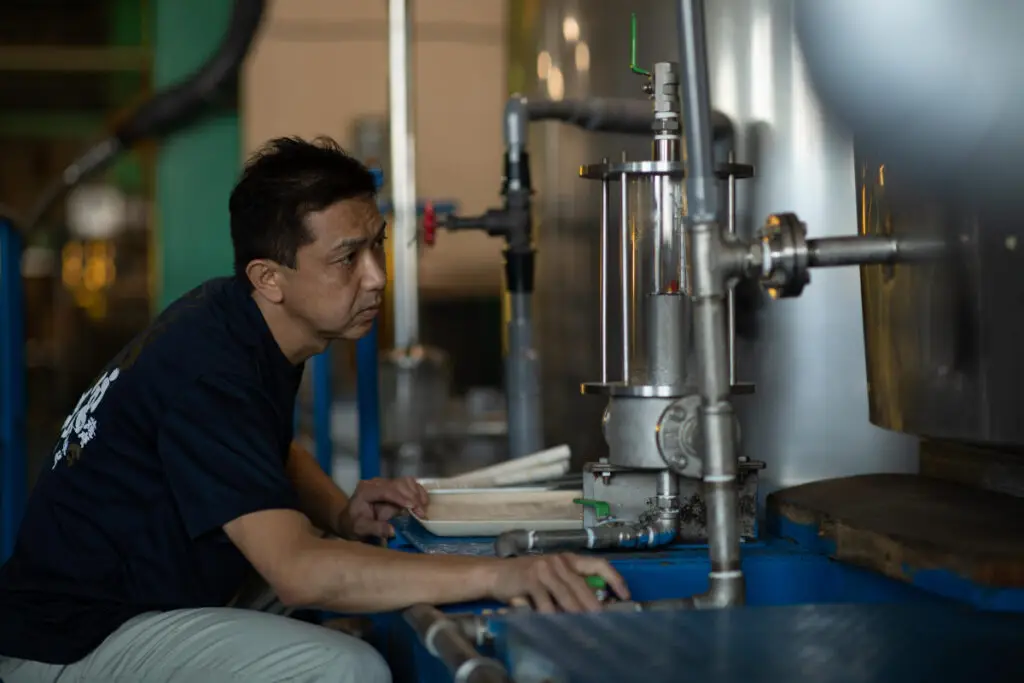
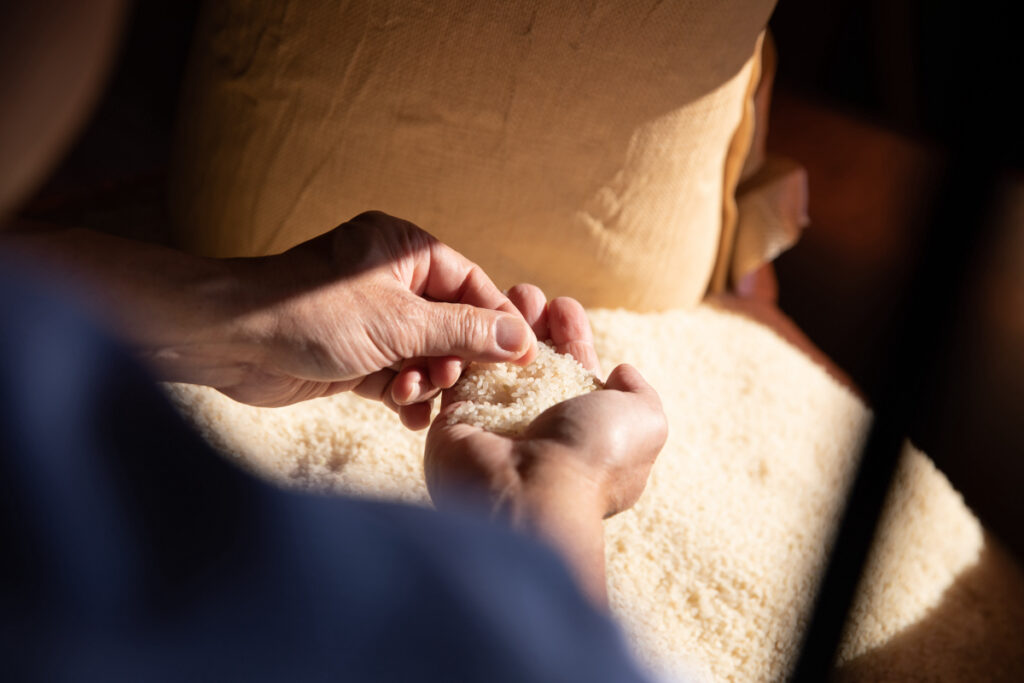
Shochu 101: A World of Flavor
FACTOR #1: INGREDIENTS
While the most popular ingredients for shochu are barley, sweet potato, and rice, there are over 50 different approved ingredients, primarily decided by the region’s agricultural specialties. There are even some interesting options like milk or cabbage.
FACTOR #2: ABV
Shochu can be either low-proof (typically 20%-25% or high proof up to a max of 45% ABV (alcohol by volume). Most people in Japan lean towards the low-proof versions for both food-pairing and for more controlled fun.
FACTOR #3: DISTILLATION
The type of distillation has a large impact on flavor, especially since shochu is single-distilled. Atmospheric, which is the traditional distillation technique using heat from 176-194° F, produces complex flavors and aromas. Vacuum, or reduced pressure, distillation uses low heat and pressure to produce shochu at 104-140° F. This results in more refreshing, cleaner profiles.
FACTOR #4: KOJI
While all koji types efficiently breaks down starches into sugar, the resulting flavors can vary greatly based on the type of koji. The three types are: yellow (for sake mostly), white (fruitier and lighter flavors), and black (complex and bolder flavors).
Why Shochu?
Now that you know what shochu is, why drink it? After all, the world is full of amazing beers, wines, and spirits. Because shochu is a unique class of spirits that is unlike any other. And, different aspects cater to different people, so there is most likely a shochu that is perfect for you.
— Flavor: By choosing different ingredient types of shochu, you can find a range of flavor notes like pear, lychee, coconut, spice or even shiitake mushrooms.
— Umami: Shochu is inherently rich in umami and is a perfect companion to your meals. You might be surprised to find a shochu that pairs well with sushi or steak.
— Cocktails: Both low and high ABV shochus can be excellent in cocktails because of their inherent umami, natural flavors, and fuller mouthfeel.
— Versatile: There are a wide range of ways to enjoy shochu, such as on the rocks, with water, with soda, with hot water, or in cocktail. Each method will open up a different side of the shochu to discover.
— Terroir: Because shochu is single-distilled from local ingredients, it is a true representation of the region it is from. For example, pairing kokuto shochus from Amami with locally grown passion fruits is a true taste of the island.
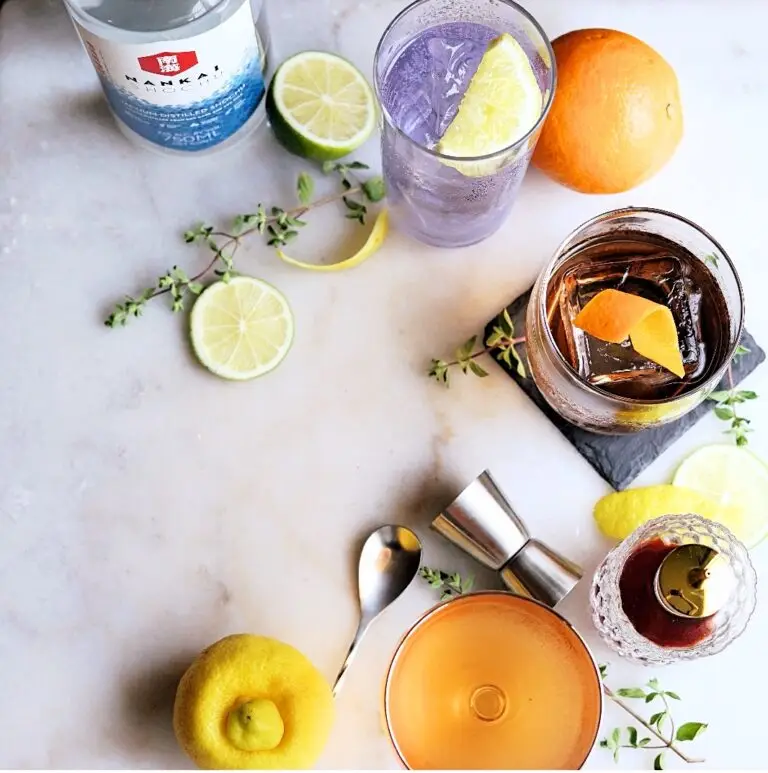
Shochu 101:
Shochu Versus Sake & Soju
Shochu is often mistaken for sake or soju but is quite different from both.
Shochu and Sake share similar ingredients, but sake is brewed and shochu is distilled. Shochu as a category has outsold sake in Japan for the last decade because of its versatility and its health benefits.
Genuine craft shochus like Nankai are single-distilled from all-natural, high-quality ingredients with absolutely no flavor additives. Mainstream Korean soju, like the affordable ones commonly enjoyed at Korean restaurants, are multi-distilled and often made with sweeteners or other additives.
Why Nankai Shochu?

Vacuum-Distilled
Nankai Shochu is vacuum-distilled and carefully aged. The result makes Nankai crisp, fragrant, and easier to drink than traditional shochus made from sweet potato or barley.

Zero Sugar & Carbs
Through the magic of distillation, there is NO SUGAR and NO CARBS in shochu, even if it is made from sugarcane. And we absolutely do not add any additional sugars.

Gluten & Additive-Free
Nankai Shochu is distilled from 80% sugarcane and 20% rice, both of which are naturally gluten-free. And, Nankai Shochu is all-natural without additives or flavorings.

Ultra Low Calories
Shochu has lower calories per serving size than vodka. A 1.5 ounce shot of shochu has about 59 calories versus 90 calories for vodka.

Heart-Benefits
Drinking shochu stimulates urokinase enzymes (1.5x more than red wine) in the body that break up blood clots, reducing the risk of heart disease and strokes.
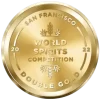
Award-Winning
Yes, this icon doesn't match the set, but we're pretty proud of our awards. All of our products have won numerous Gold Medals and prestigious placements based on their incredible flavors.
• Shochu at 24% ABV has lower calories per serving size than vodka or sake.
About 59 calories per 1.5 oz shot of shochu compared to 90 calories for vodka. A typical serving size of sake is about 150 calories.
• Shochu has NO sugar, even if it’s made from sugar cane. All of the sugar is converted into alcohol during distillation.
• Shochu reduces the risk of strokes and blood clots because it naturally promotes an increase in an enzyme known as “urokinase.” Shochu produces more urokinase than red wine.
• Shochu is often said to cause less hangovers. While there is no scientific evidence backing this up, the hypothesis, such as that presented by Professor Hiroyuki Sumi of Kurashiki University in the Japan Times, is that “good shochu is very pure and has few adulterants.”

